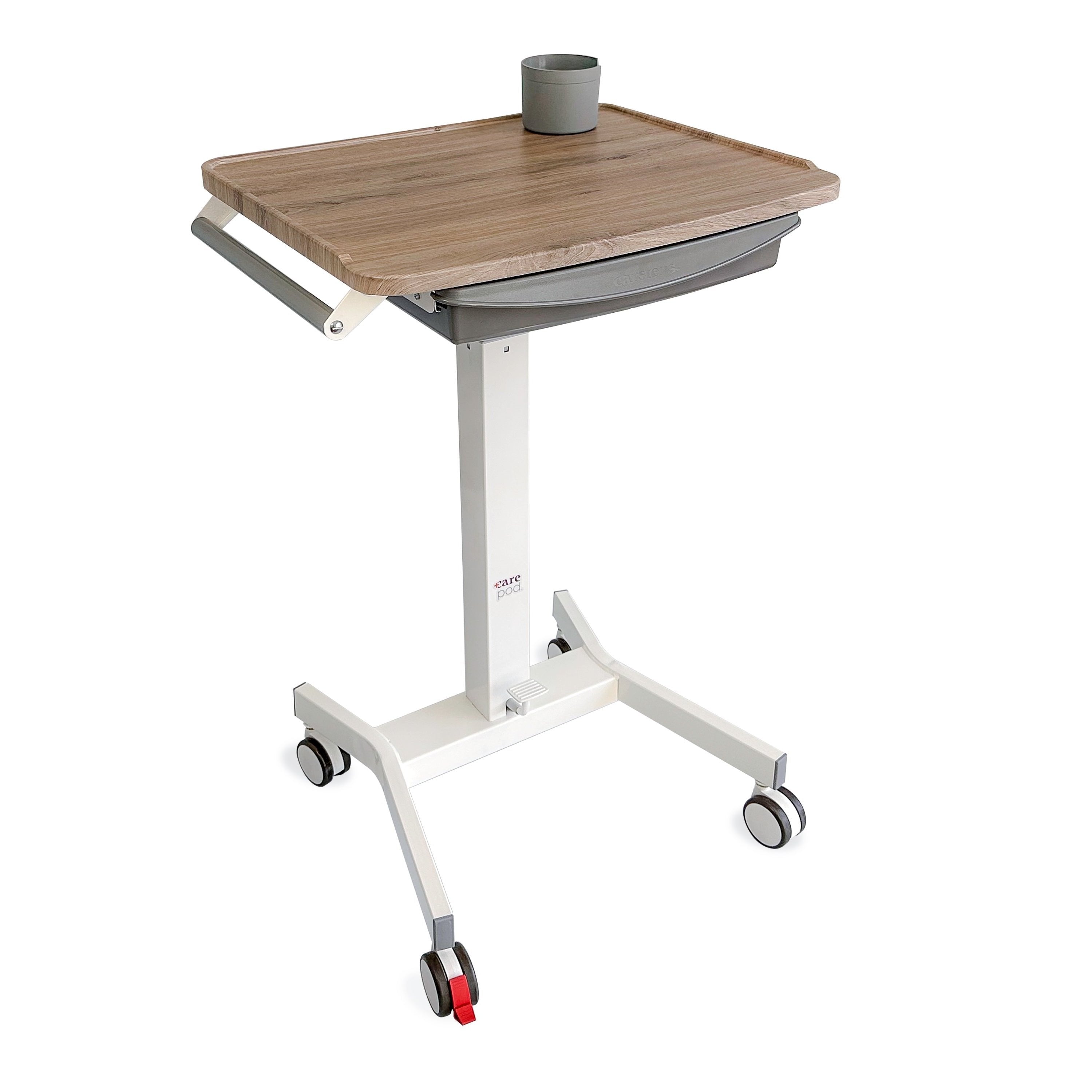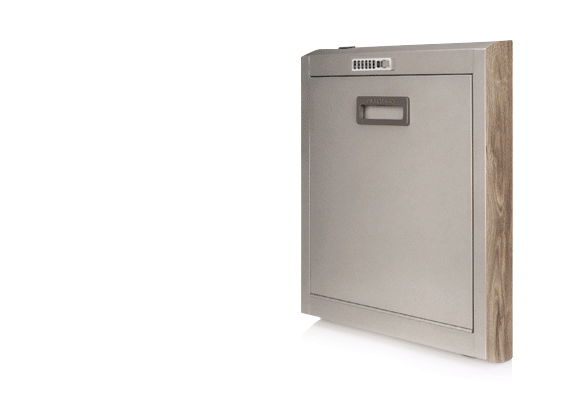
Due to the advancement of technology, nearly every aspect of the medical field has become electronic. We depend on these devices to help us retrieve information about our patients, access appointment schedules, obtain lab results, and more. But what do you do when the system is down?
When IT issues arise, you can lose access to your entire facility’s medical records and documents needed to care for your patients. While your information technology team troubleshoots the system failure, your team of medical professionals must adapt to the outage and keep things moving.
To help you prepare for potential future outages, you can review what to do when your EMR system goes down.
Maintain Momentum and Don’t Panic
When you’re highly dependent on your electronic medical records, a system shutdown can be your worst nightmare coming true. Without access to digital information, providers have to do things the analog way. While it may take longer, it’s crucial to record your patient’s vitals. it’s important that you don’t panic and lose momentum when unforeseen incidents happen. As a medical provider, you should invest time in performing routine outage drills. This will help your staff stay organized and calm during future system issues.
Have Clear Communication With Your Patients
When your EMR system goes down, you should communicate that with your patients and their families. When communicating a brief outage, you can ask your patients to input data on their end to help save your team time and stress while still ensuring your patient receives the proper care.
Many facilities will have patients fill out a sheet full of basic medical information before their appointments. Keeping patient chart binders and in-office tablets will help you keep medical records available even when the system is down.
Keep Clinical Patient Documentation
After establishing that your system is experiencing an outage, your facility should turn to paper charts and other documentation to complete a full medical report. Since your system isn't readily available, you may have to contact other facilities to deliver lab tests, pharmacy orders, and additional medical information. By taking these measures, your staff can easily process the new information when your system is back online.
A system outage can be stressful, especially if you don’t have a plan or the tools to help navigate the situation. Instead of worrying about the absence of patient medical records, you should prepare yourself and your staff for unforeseen circumstances. Ensuring you have the appropriate charting supplies, equipment, and resources for your medical facility is key to a successful shift. Additionally, browse the tools and supplies at Carstens to achieve a stress-free outage.






